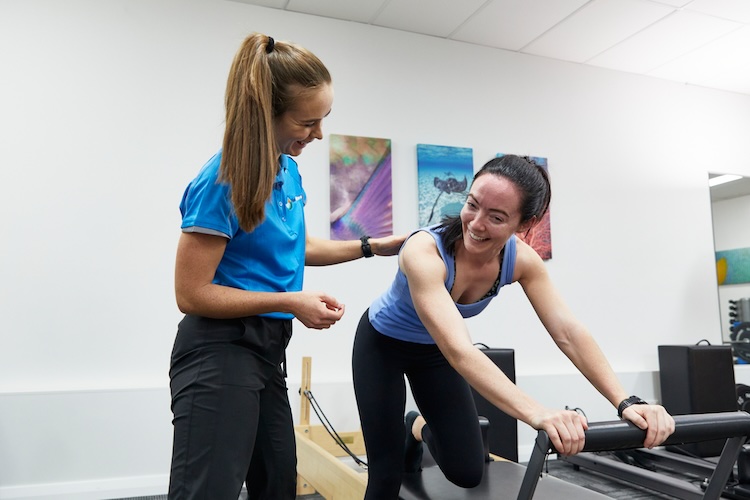Do you have neck pain?
If so then you are not alone!
Neck pain is one of the most prevalent musculoskeletal complaints world-wide. It is estimated that 67% of people in Western countries report neck pain (1) and it is one of the top 3 things we treat at Next Wave Therapy.
It has often been thought that an acute onset of non-traumatic neck pain will resolve by itself, and medical advice has usually been to take pain relief and slowly get back to your usual activities. However this doesn’t seem to be the case for a large number of people as research suggests that 20-50% of neck pain sufferers will go on to develop chronic symptoms (i.e. lasting more than 3 months) (2).
What causes neck pain?
Onset of neck pain can be due to trauma i.e. whiplash associated neck pain or idiopathic neck pain which results from an unknown cause. The difficulty for people suffering from neck pain is that it is often associated with other symptoms like headache (see my blog on hundreds of headaches), dizziness, shoulder and arm pain (see blog on cervical radiculopathy), jaw pain and upper back pain (3).
The tendency for ongoing symptoms of neck pain can be due to a variety of reasons:
-
Changes in the muscles that support and control the neck following injury and pain do not spontaneously resolve and will need some exercise input to retrain their function (4).
-
Sensitivity of the central nervous system can develop following injury or painful episodes which means that sensations associated with the musculoskeletal system that would normally not be painful, can be experienced as pain.
-
Treatments aimed at only relieving symptoms will not adequately address underlying contributing factors that will likely cause recurrent episodes of neck pain.
What therapy will help neck pain?
Due to the complexity of neck pain a really good assessment is vital to make sure that treatment is targeted and appropriate for each neck pain presentation.
For some people manual therapy or manipulation from one of our experienced therapists will be enough for resolution of symptoms. For others a targeted strengthening and control program aimed at addressing issues in the muscular system will be needed. Others may need education and advice on activity pacing, ergonomic assessment, relaxation strategies and lifestyle advice and some will require a combination of all of the above.
Patients that we see at Next Wave Therapy with neck pain are often anxious that their symptoms are related to a more sinister pathology especially if symptoms have been persistent. Although serious pathology is rare, it does needs to be ruled out and is definitely part of the assessment that our physios perform at Next Wave. We know who to treat and how to treat them. We liaise with GP’s, specialists and other allied health professionals so that the package of care that you get is built around your individual presentation.
Written by Jonathan Wray Principal Physiotherapist
Copyright Next Wave Therapy
References
1. Riordan CO, Clifford A, Ven P Van De, Nelson J. Chronic Neck Pain and Exercise Interventions : Frequency , Intensity , Time , and Type Principle. Arch Phys Med Rehabil [Internet]. 2014;95(4):770–83. Available from: http://dx.doi.org/10.1016/j.apmr.2013.11.015
2. Verwoerd M, Wittink H, Maissan F, Raaij E De, Rob JEM. Prognostic factors for persistent pain after a first episode of nonspecific idiopathic, non-traumatic neck pain: A systematic review. Musculoskelet Sci Pract [Internet]. 2019; Available from: https://doi.org/10.1016/j.msksp.2019.03.009
3. Vincent M, Wang S. The International Classification of Headache Disorders , 3rd edition. 2018;38(1):1–211.
4. O’Leary S, Falla D, Elliot J, Jull G. Muscle Dysfunction in Cervical Spine Pain: Implications for Assessment and Management. J Orthop Sport Phys Ther. 2009;39(5):324–34.







